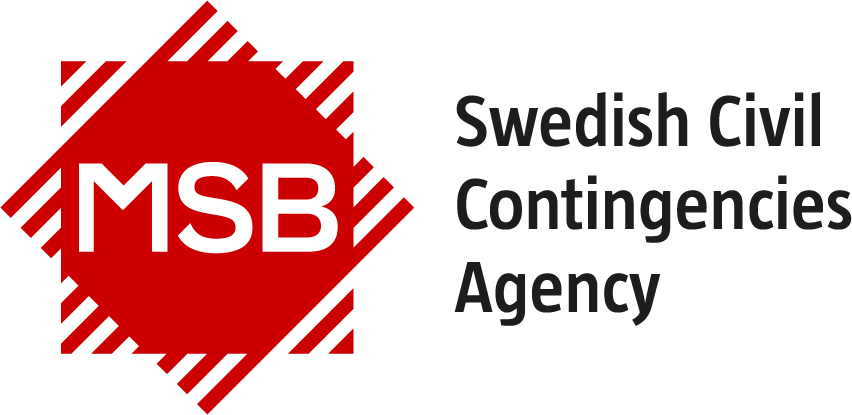Cooperation with USA and Canada
In the spirit of shared responsibility, the Governments of Sweden and the United States signed an Agreement on Cooperation in Science and Technology for Homeland Security Matters on April 12, 2007.
This agreement is managed by the Swedish Civil Contingencies Agency (MSB) and the Directorate for Science and Technology (S&T) of the Department of Homeland Security (DHS). The two Executive Agents meet in annual bilateral sessions to review the progress and to set the strategic direction for future cooperation.
Large investments are made every year in mutually beneficial research projects and expert level collaboration. Many public agencies, universities, institutes and businesses are engaged in the joint activities spearheaded by the two Executive Agents.
Both governments also have similar agreements with the government of Canada, creating a mutual platform and a wide span of opportunities for mutually beneficial collaboration.
Areas of Cooperative Activity as stated in the Agreement include: The agreement includes the following areas of cooperation:
- The development and implementation of threat and vulnerability assessments, interdependency analyses and methodologies related to potential threats to homeland security scenarios.
- The assessments of prior operational experience and evaluation for the purpose of articulating operational deficiencies into definable technical requirements and appropriate standards and supporting methodologies.
- Research and development of technologies and systems to meet user requirements or capability gaps and national needs.
- Reciprocal education, training, and exchange of scientific and technical personnel. Exchange of equipment and material in science and technology areas including research development, testing and evaluation.
- The development and exchange of best practices, standards and guidelines.
Topics of Cooperative Activity
The agreement provides a platform for all governmental agencies to connect and collaborate with counterparts across the Atlantic. The scope of possible collaboration is broad, and encompasses the wide and complex area of societal security. In the agreement, the following topics for cooperative activity are listed:
- Community resilience
- Information assurance and cyber security
- CBR and N Forensics
- Explosives detection
- Prerequisites for emergency management, capabilities and equipment for the future needs of First Responders
- Risk and Crisis Communication
- Prevention of and countering violent extremism
- The identification of thefts and fraud
